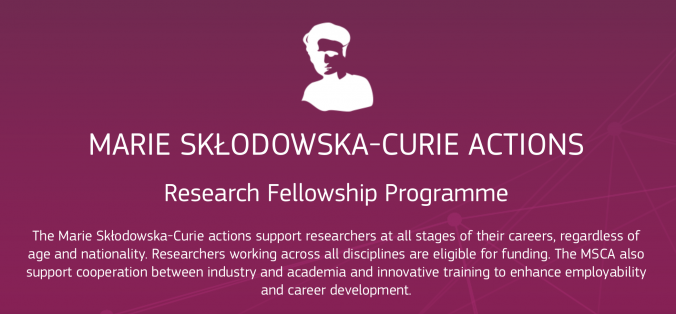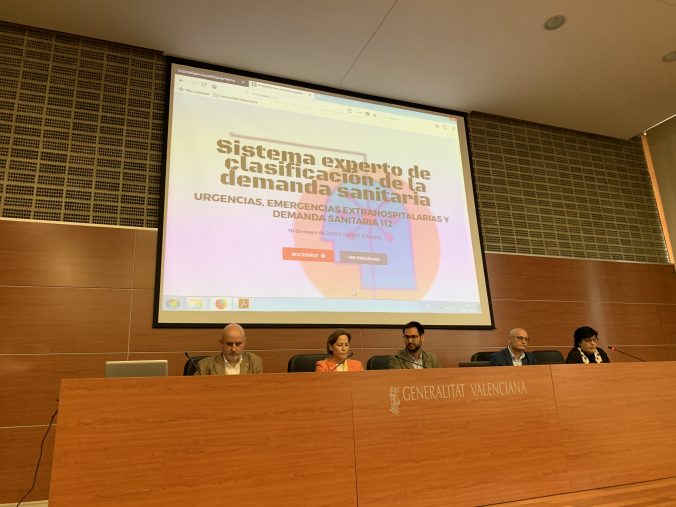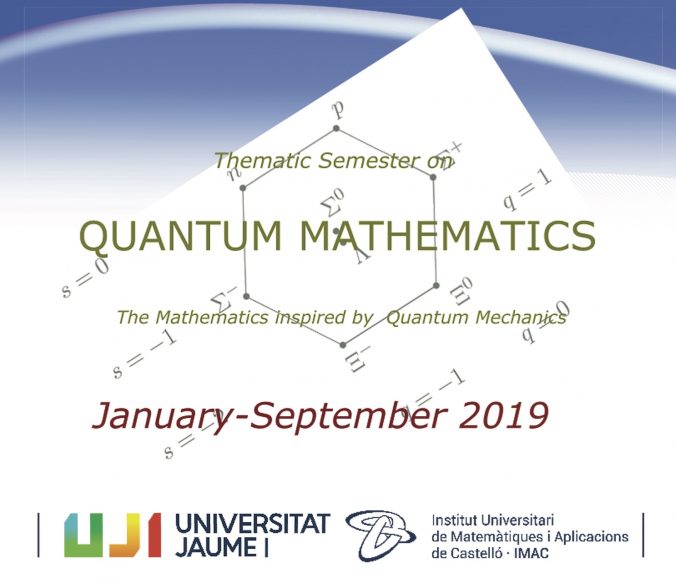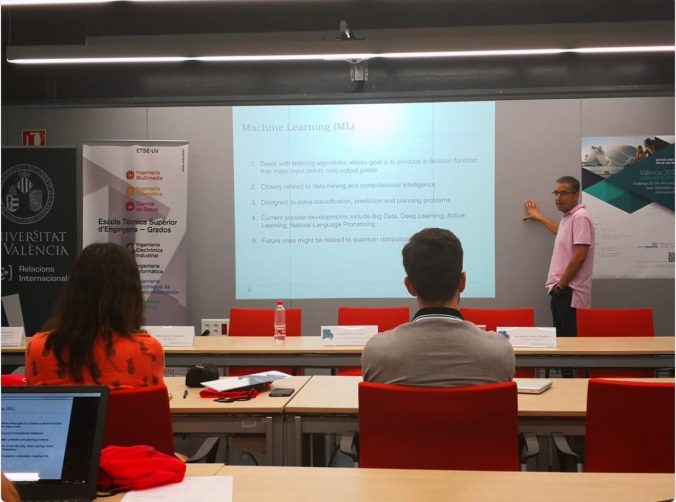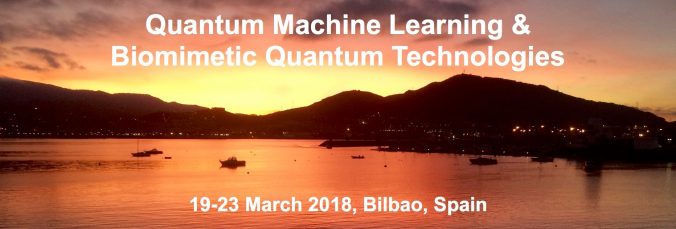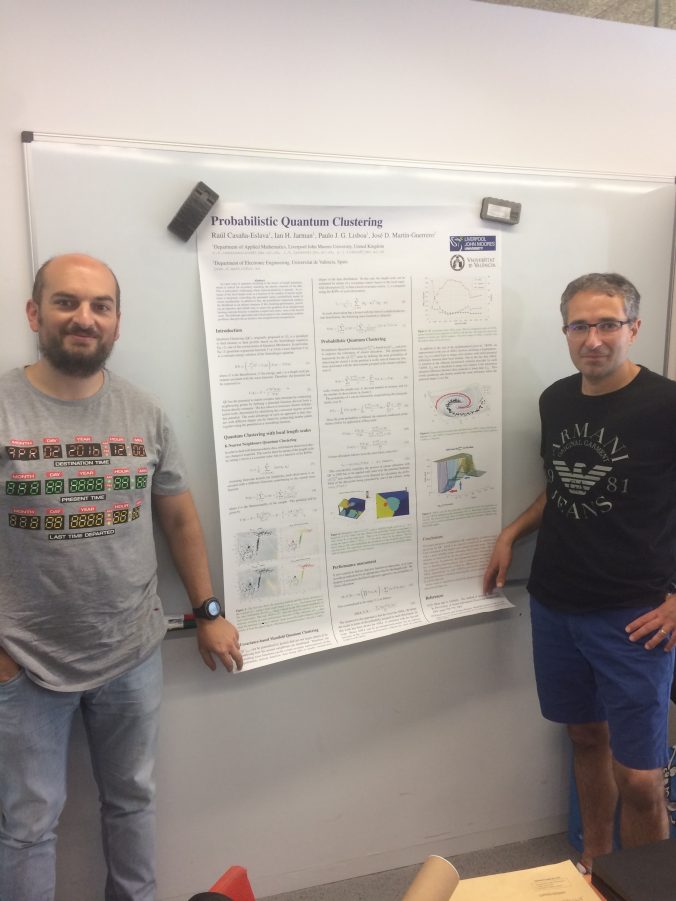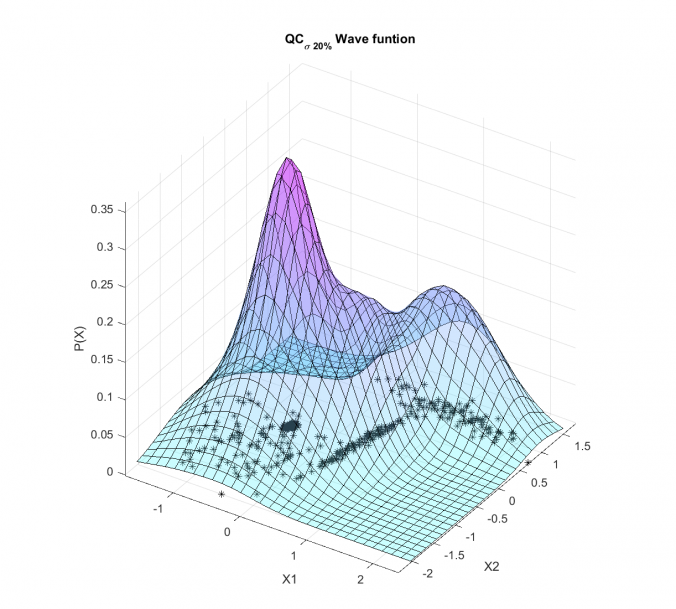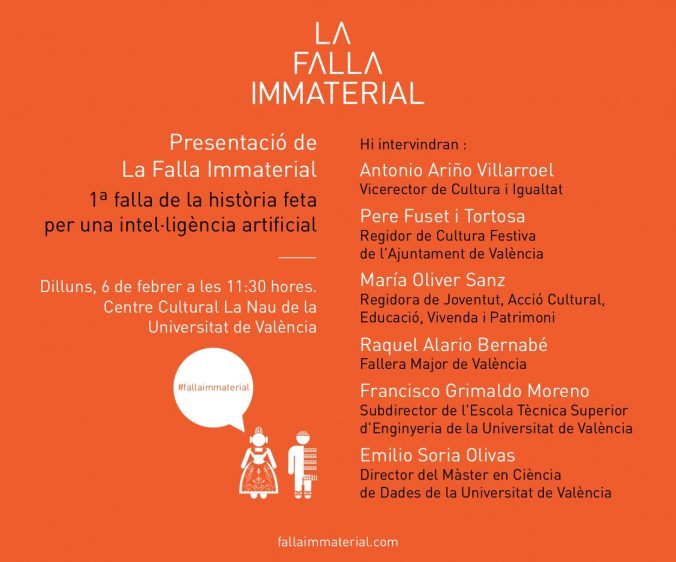Category: University (Page 2 of 5)
On May 15, the research group IDAL and the BDSLAb from the Polytechnic University of Valencia (UPV) presented the results of a collaboration project on the optimisation of the response to 112 Emergency calls. The presentation shown that natural language processing can improve the functioning of the system in terms of cost, quality of life of the patient and optimisation of resources. On the other hand, the advantages of using probabilistic graphical models in this type of problems were highlighted, as they are easy to adjust and retrain; they are self-explanatory (as opposed to other black-box approaches) and establish causal relationships between variables that can be modified by the expert.
The slides of the presentations can be downloaded from here:
IA aplicada a la demanda sanitaria
Clasificación de la demanda sanitaria mediante NLP
Información relevante para la clasificación de la demanda sanitaria
Summary of the presented model:
IDAL member José D. Martín gave a talk entitled “Quantum Machine Learning: When Physics Flirted with Machine Learning, and They Fell in Love” last February 20th. The talk is part of the thematic semester on Quantum Mathematics organized by the Institute for Mathematics and Applications (IMAC) of Universitat Jaume I.
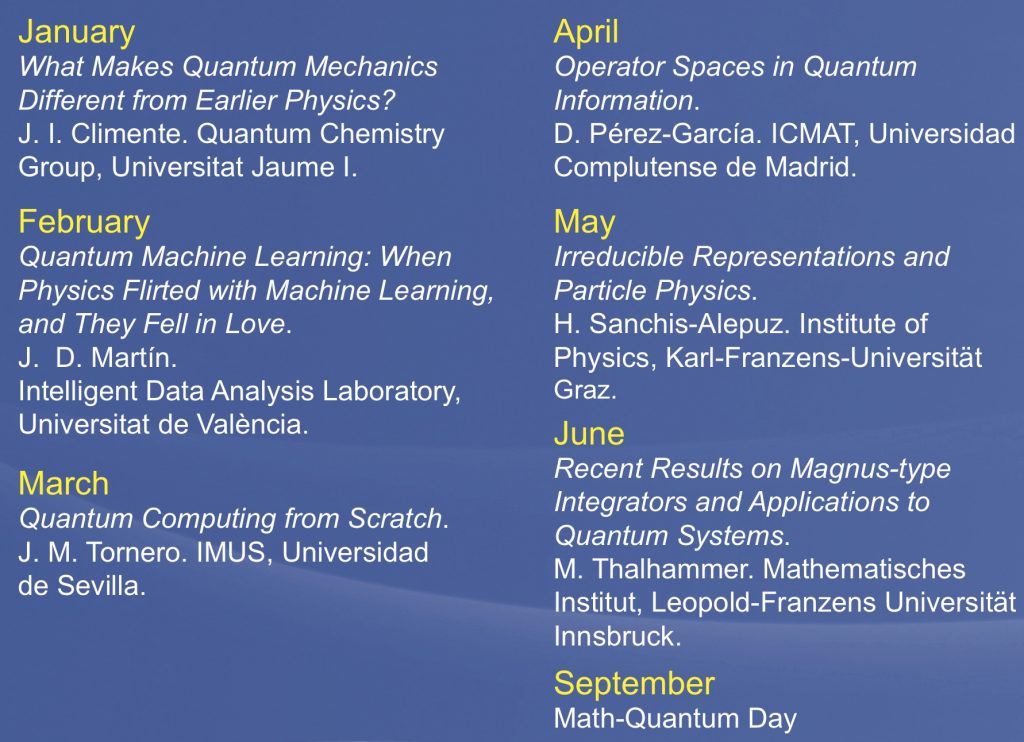
Program of the thematic Semester on Quantum Mathematics
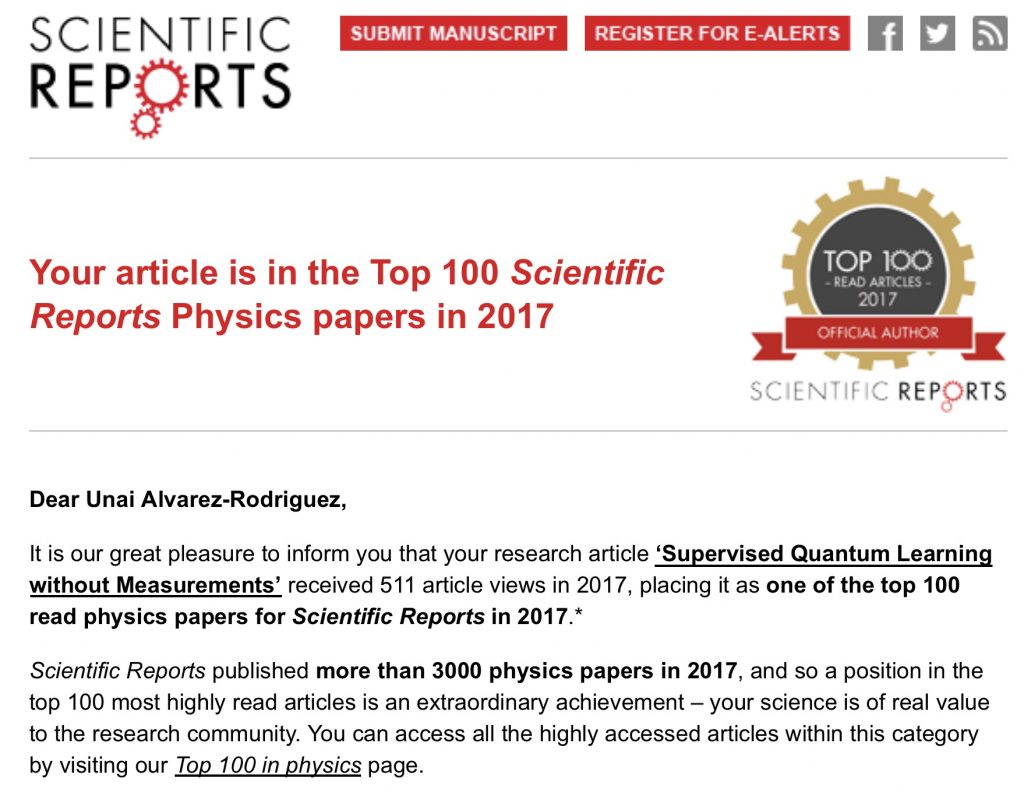
IDAL was represented at the Workshop on Quantum Machine Learning and Biomimetic Quantum Technologies (http://www.qutisgroup.com/qml_bqt/), held in Bilbao from 19th to 23rd March 2018. José D. Martín-Guerrero, who took part in the organizing and scientific committees of the workshop, gave a keynote talk entitled “Enhancing ML through the synergy of classical and quantum approaches” and participated in the round table “Quantum meets Industry”. Raúl Casaña-Eslava gave a talk about his work on Probabilistic Quantum Clustering. The workshop has attracted more than 100 attendants, being among them the most representative researchers of the world in the field of Quantum Machine Learning. The scientific activity has been hectic during all the week with the presentation of many outstanding works.
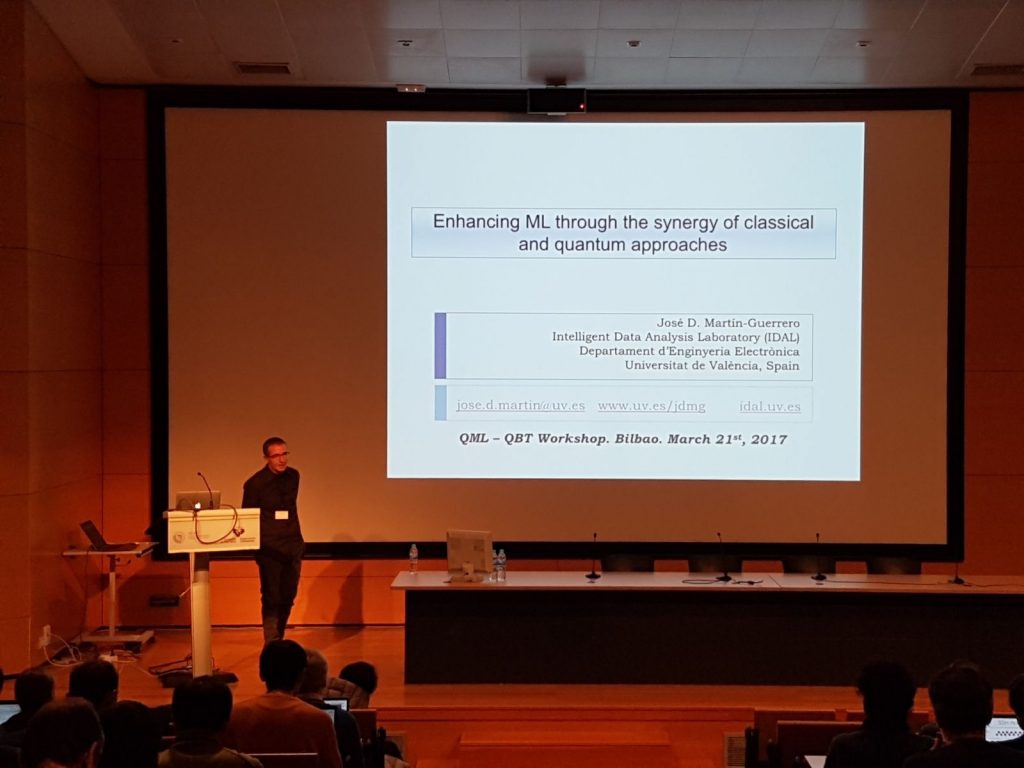
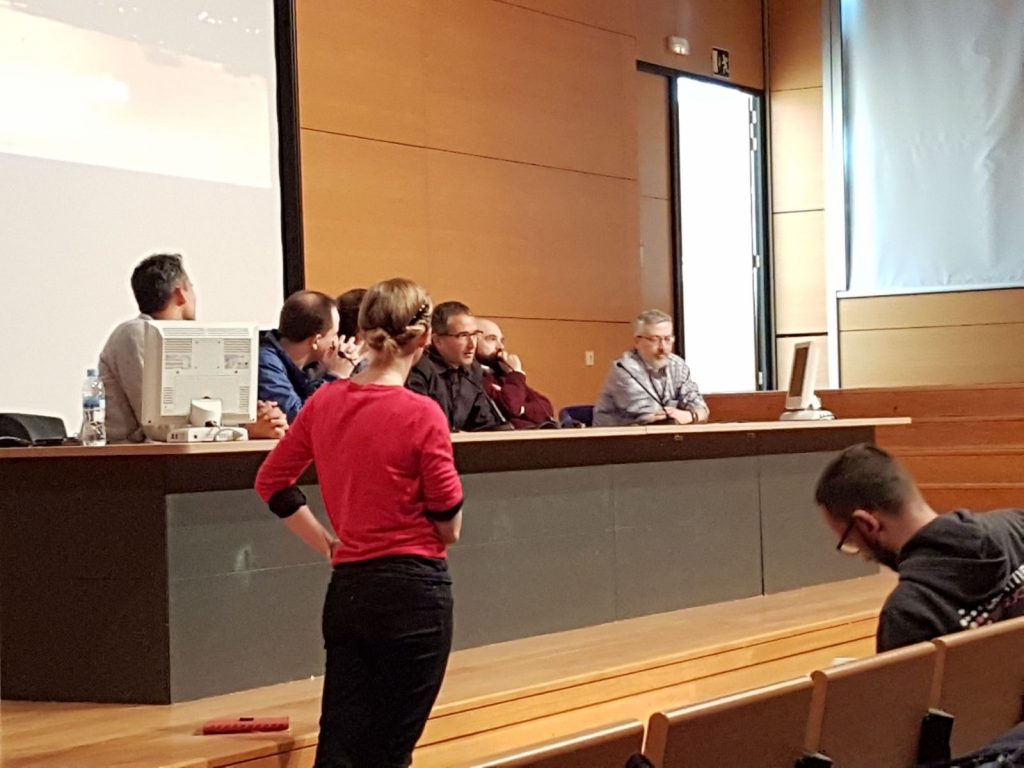
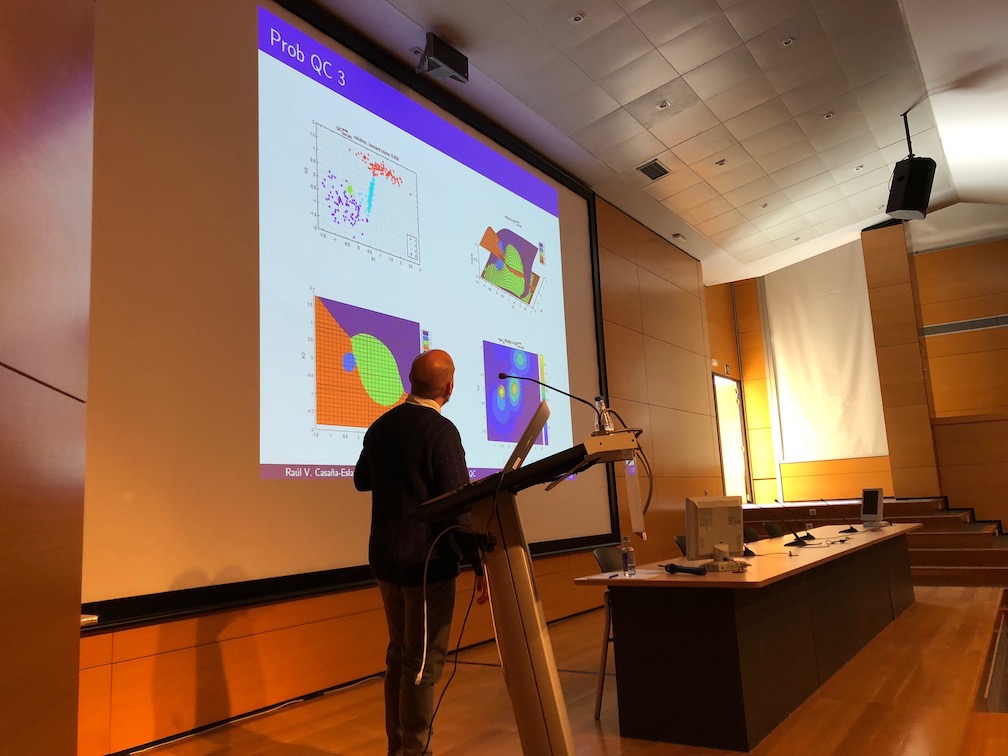
Raúl Casaña-Eslava, a former IDAL researcher who is currently carrying out his PhD at Liverpool John Moores University (LJMU), received the best paper award at the summer school on Machine Learning organized by the Institute of New Imaging Technologies (INIT) of the University Jaume I (Castellón, Spain) and co-sponsored by the Spanish Association of Pattern Recognition and Image Analysis (AERFAI). Raúl presented his recent work on Probabilistic Quantum Clustering, one of the cornerstones of his PhD. The awarded poster was co-authored by two other members of the Department of Applied Mathematics at LJMU and by the IDAL member José D. Martín-Guerrero.
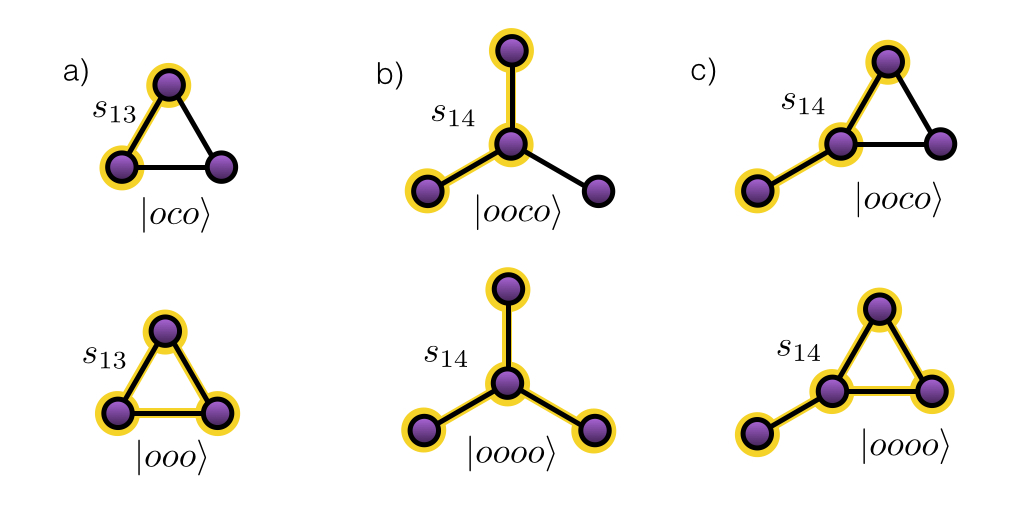
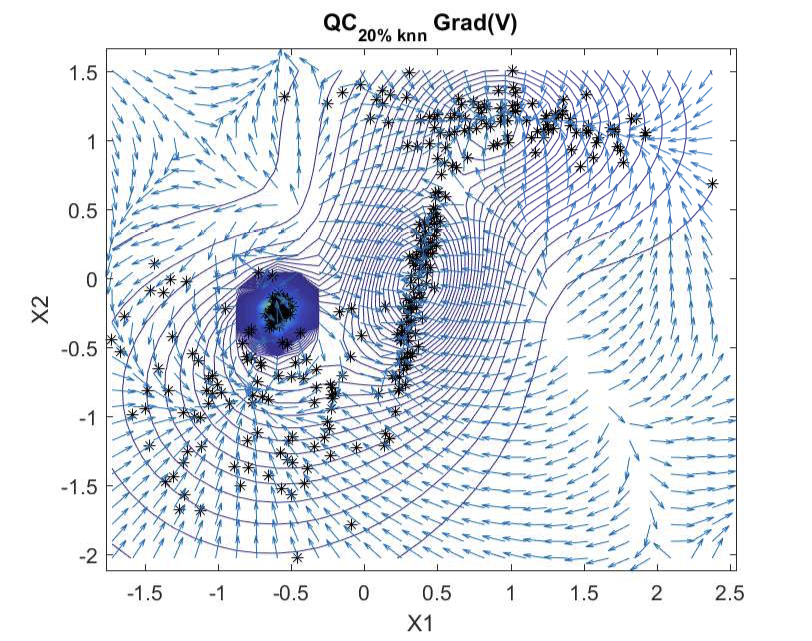
Due to the recent statement of Fallas festivity as UNESCO’s Intangible Cultural Heritage of Humanity, the UV School of Engineering has developed with the support of the IDAL the ‘intangible falla’. This is the first intangible falla ever. The falla was introduced during an open event, that took place on Monday, 6 February.
The event counted on the interventions of Antonio Ariño, Vice-Principal for Culture and Equality; Pere Fuset, Councillor for Culture and Festivals of Valencia; Maria Oliver, Councillor for Youth, Cultural Activity, Education, Home and Heritage; Raquel Alario, Fallera Mayor of Valencia; Francisco Grimaldo, Assistant Director of the UV School of Engineering, and Emilio Soria, Director of UV Master’s Degree in Data Science.
The intangible falla is an artificial intelligence project that suggests public involvement to build it daily until 19 March. The initiative will become a reality in the form of several monuments and actions, as explained during the presentation ceremony.
The intangible falla will be built earlier, although this usually occurs in early March. The assembly of the first intagible falla begun 6 February during the open presentation ceremony.
Link: fallaimmaterial.com
For further info on the Fallas: https://en.wikipedia.org/wiki/Falles
Congratulations to our beloved IDAL members Joan Vila-Francés and Juan Gómez-Sanchis, who got a permanent position as Associate Professors last November 10th. After an evaluation of their outstanding CV, and their teaching and research projects, the evaluation panels proposed them as ideal candidates to become Associate Professors. We are very happy for this much deserved achievement!

